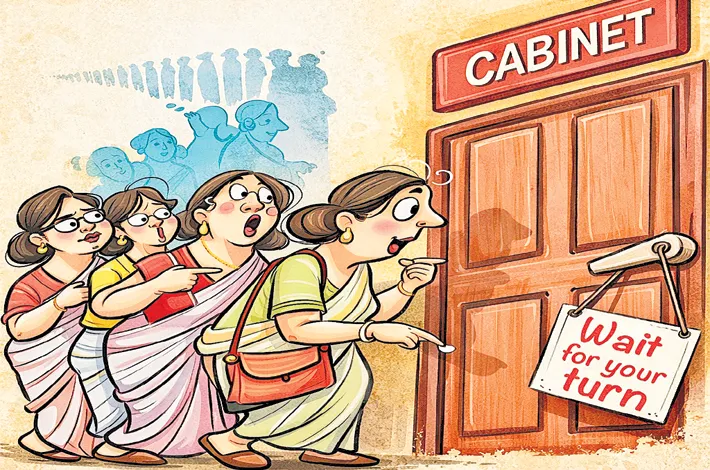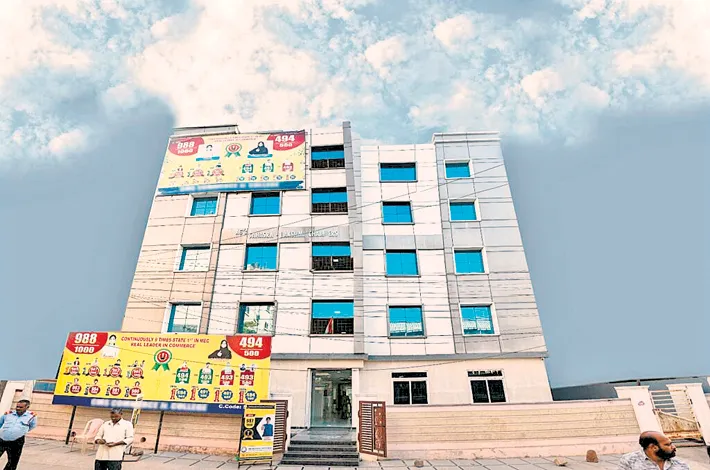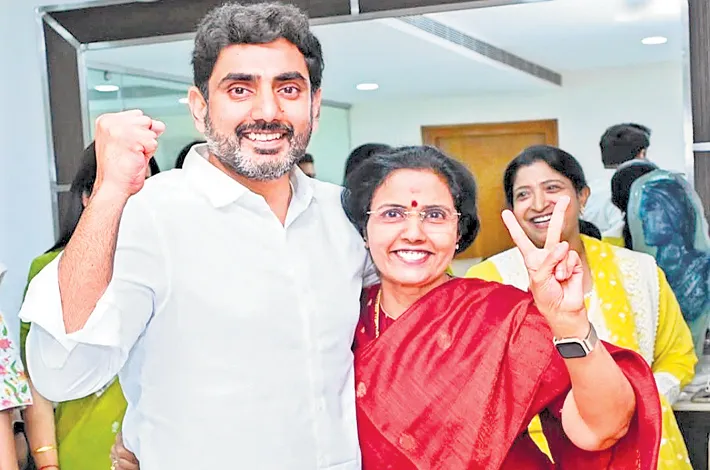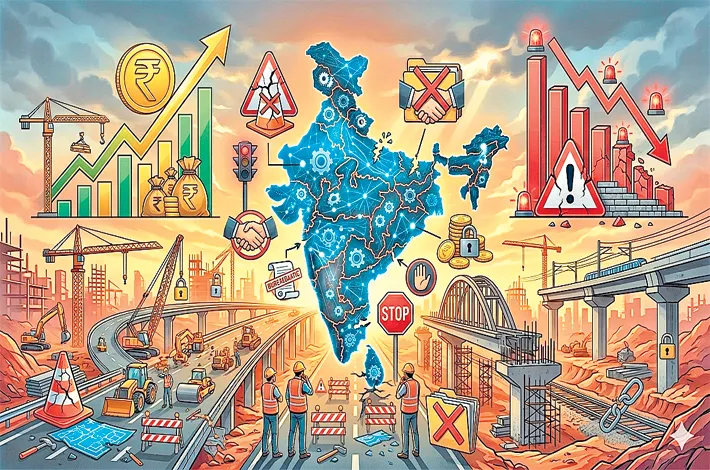Will the voter rise above lures and choose real progress?
06-11-2025 12:00:00 AM
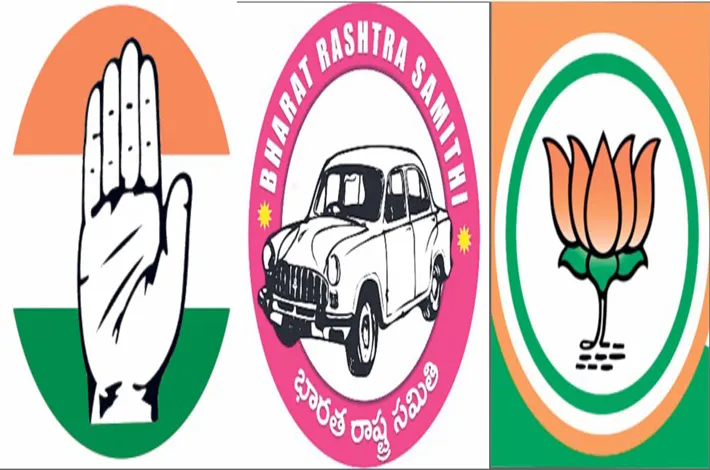
metro india news I hyderabad
The campaign heat in Jubilee Hills has reached feverish pitch. Loudspeakers blare slogans, party flags flutter in the wind, and leaders flood the streets with promises. On the surface, it feels like a festival of democracy. But behind this noise, especially in the narrow lanes of slums and colonies, lies a quiet anticipation — a hushed whisper that “the real matter” hasn’t arrived yet. Everyone knows what that “matter” means: cash for votes.
With polling set for November 11, all eyes are now fixed on the final 48 hours — the decisive window that could completely alter the outcome. The burning question: Will the spirit of progress survive the flood of temptation?
The “cash-for-vote” machinery isn’t some spontaneous act; it’s a well-oiled system. Funds move from party high commands to contractors and industrialists, who channel them discreetly through middlemen to reach key local leaders. From there, the money trickles down to division in-charges, area coordinators, and eventually to trusted local agents who handle the distribution at the street level. Detailed lists of voters — including their family size, political leanings, and voting history — have already been prepared.
Even the grand campaign rallies that fill the streets have strong financial undercurrents. Men attending rallies are reportedly paid around Rs. 1,000 along with liquor and biryani packets, while women receive Rs. 500–Rs. 600 with meals — an “open secret.” Party leaders are already bargaining with local influencers and basti heads, promising hefty “packages” in exchange for bloc votes.
“For us, elections are like a festival. For these fifteen days, we are the kings. They need our votes; we need their money. It’s our right,” said a slum resident, echoing the raw reality on the ground.
So far, no party has begun large-scale distribution. The reason? Strategy. If one party starts handing out Rs. 2,000 per vote, rivals might immediately up the offer to Rs. 3,000, shifting the balance. Hence, parties are saving their firepower for the crucial 48-hour window — the nights of November 9 and 10 — when Jubilee Hills is expected to turn into a battlefield of money, influence, and manipulation.
Amid this, the Jubilee Hills voter faces a moral dilemma. On one hand lies the promise of development — better roads, clean water, education, and healthcare. On the other hand, the instant gratification of cash in hand. Should one trust the leader’s long-term promises, or seize the only tangible benefit that arrives once every five years?
Ultimately, will the people of Jubilee Hills deliver a verdict of silent revolution? Will empathy and civic consciousness triumph over wealth and power? Or will the voter reject both and embrace change? The answers are locked in the EVMs until counting day — November 11 will reveal whether conscience or currency wins this war.





